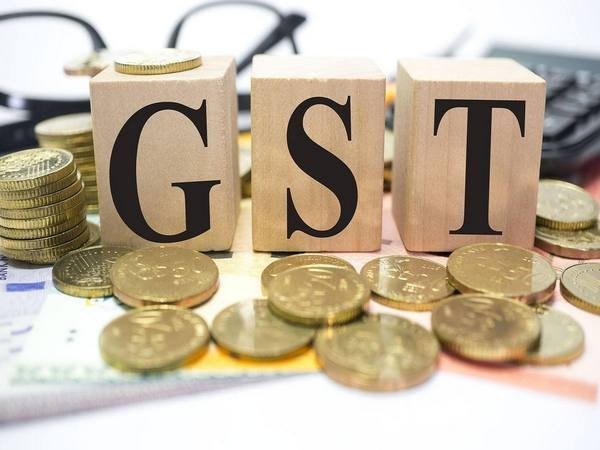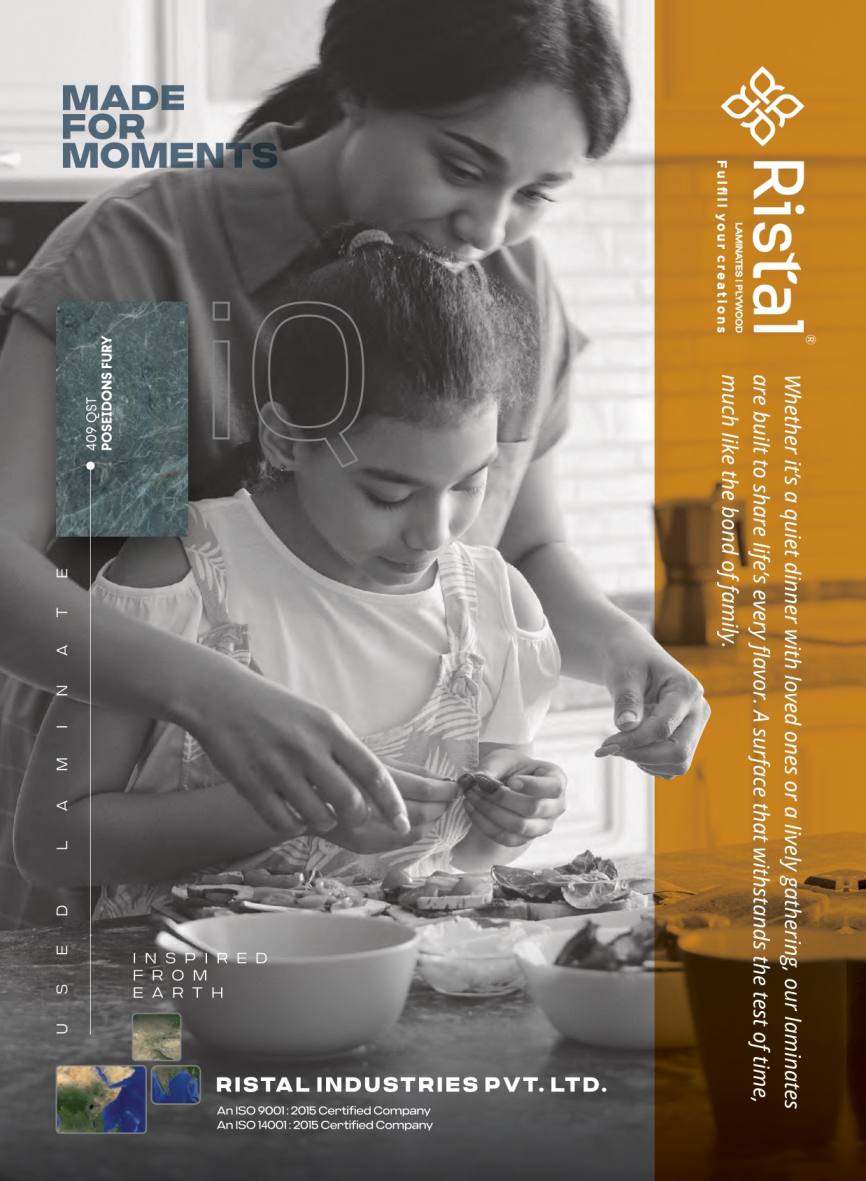
India to boost it’s manufacturing capabilities
- June 14, 2023
- 0
Talking about the wider efforts at “de globalisation” and the trading system, and whether India saw opportunities opening or closing, Finance Minister Nirmala Sitharaman said there were two ways of looking at the situation. The first was that, for a long time, India had been keen to boost its ability to manufacture everyday consumer goods, but ended up importing the same products from elsewhere because it was cheaper. “But now we see there is an opportunity. One from a consumer point of view, even within India, there is enough purchasing power and many of these goods that can be produced in India will have a large consumer base in the country.
Two, the phased manufacturing programmes we have come up with have identified several such goods that we will incentivise producing and selling within India and then move to a higher level of sophistication in the making of such goods.” The programme, she added later, would help given the “very very predatory pricing” that prevails in some exporting countries, a hint at China.
The other side of the story, Sitharaman said, is bringing value chains coming to India — not just to produce in India, but produce in India for the world. She referred to the production-linked incentive scheme in 13 priority sectors.
“By doing that, we hope to have production of many of these large, bulk manufactured goods that can go from India abroad to meet demands that exist outside.” The FM cited the mobile manufacturing boom in India over the last nine years as an example.
Asked if there was a tension in the economic system given the emphasis in domestic manufacturing in all countries, Sitharaman said India was acutely aware that this needed a calibrated response — and while producing goods, it would need raw materials and intermediate goods that it did not produce from outside.
But the FM also placed this trend within the wider rethink on globalisation. “India is not alone in doing this, particularly after the global view on China, after the pandemic and also after this changing perspective on what indeed is globalisation, how far globalisation, to what extent globalisation…India cannot be in isolation.. it indicates to a dynamic position globally on globalisation itself.”
विनिर्माण क्षमता को बढ़ाने के भारत दृढ़
“वि वैश्वीकरण“ और व्यापार प्रणाली पर व्यापक प्रयासों और क्या भारत ने अवसरों को खोलने या बंद करने के बारे में पूछने पर, वित मंत्री निर्मला सीतारमण ने कहा कि स्थिति को देखने के दो तरीके हैं। पहला यह था कि, लंबे समय से, भारत दैनिक उपभोक्ता वस्तुओं के निर्माण की अपनी क्षमता को बढ़ाने के लिए उत्सुक था, लेकिन उन्हीं उत्पादों को सस्ते होने के कारण कहीं और से आयात करना शुरू कर दिया। “लेकिन अब हम देखते हैं कि एक अवसर है। एक उपभोक्ता के दृष्टिकोण से, भारत के भीतर भी, पर्याप्त क्रय शक्ति है और इनमें से कई सामान जो भारत में उत्पादित किए जा सकते हैं, उनका देश में एक बड़ा उपभोक्ता आधार होगा।
दो, चरणबद्ध विनिर्माण कार्यक्रम जो हम लेकर आए हैं, ने कई ऐसे सामानों की पहचान की है, जिन्हें हम भारत के भीतर उत्पादन और बिक्री के लिए प्रोत्साहित करेंगे और फिर ऐसे सामानों के निर्माण में उच्च स्तर के परिष्कार की ओर बढ़ेंगे। उन्होंने बाद में चीन पर एक संकेत देते हुए कहा कि कार्यक्रम, “बहुत ही हिंसक मूल्य निर्धारण“ को देने में मदद करेगा जो कुछ निर्यातक देशों द्वारा दिए जाते हैं।
कहानी का दूसरा पक्ष, सीतारमण ने कहा, भारत में आने वाली मूल्य श्रृंखलाएं आ रही हैं – न केवल भारत में उत्पादन करने के लिए, बल्कि दुनिया के लिए भारत में उत्पादन करने के लिए। उन्होंने 13 प्राथमिकता वाले क्षेत्रों में उत्पादन से जुड़ी प्रोत्साहन योजना का उल्लेख किया।
“ऐसा करने से, हमें उम्मीद है कि इनमें से कई बड़े, थोक विनिर्मित सामान का उत्पादन होगा जो भारत से विदेशों में मौजूद मांगों को पूरा करने के लिए जा सकते हैं।“ एफएम ने उदाहरण के तौर पर पिछले नौ वर्षों में भारत में मोबाइल निर्माण में आई तेजी का हवाला दिया।
यह पूछे जाने पर कि क्या सभी देशों में घरेलू विनिर्माण पर जोर दिए जाने के कारण आर्थिक व्यवस्था में तनाव है, सीतारमण ने कहा कि भारत इस बात से अच्छी तरह वाकिफ है कि इसके लिए एक अंशांकित प्रतिक्रिया की आवश्यकता है – और माल का उत्पादन करते समय, उसे कच्चे माल और मध्यवर्ती वस्तुओं की आवश्यकता होगी जो उसने उत्पादन नहीं की है।
लेकिन वित्त मंत्री ने इस प्रवृत्ति को वैश्वीकरण पर व्यापक पुनर्विचार के दायरे में भी रखा। “भारत ऐसा करने वाला अकेला नहीं है, विशेष रूप से चीन पर वैश्विक दृष्टिकोण से, महामारी के बाद और इस बदलते दृष्टिकोण के बाद भी कि वैश्वीकरण वास्तव में क्या है, कितना वैश्वीकरण, किस हद तक वैश्वीकरण ३ भारत अलग-थलग में नहीं हो सकता है.. यह इंगित करता है वैश्वीकरण पर विश्व स्तर पर एक गतिशील स्थिति के लिए।
































































